The Science of Motivation for Cyclists Part 1 - You vs You!
This is the first in a series of 'Sigr Science' articles that will try to shine an evidence-based light on the mysteries of human motivation and other super interesting cycling related subjects.
We are cave(wo)men!
Millions of years of evolution has led us to aim for a life where we use as little energy as possible. This helped make humans the most successful creatures on the planet, but with the advent of easily available food and technology that reduces our need to be active, this evolutionary wonder now works against our modern desire to challenge ourselves physically to a greater and greater extent. The eternal struggle between you and your inner Neanderthal is one that you must win if you are to advance in your training.
No one regrets a workout
Although the experience after a workout is pleasant, it is all too easy to give in to that ancient hunter-gatherer brain and stay firmly planted on the couch. Marius Sommer, associate professor of sports psychology and researcher in motivation and setting goals at Umeå University, talked to us about internal and external motivation as a tool to achieve your training goals.
Marius explains that that the brain has not yet adapted to the modern world. That it is still programmed to save as much energy as possible for use when conditions are tough.
- We often need both external and internal motivation to initiate a change and to achieve our goals, whether it's about breaking free from the couch and becoming physically active. Or for those with loftier ambitions, actually competing in cycling events, says Marius.
Internal motivation makes it more fun along the way
When you are driven by your own desire to do something that you think is fun, that feels meaningful and is in line with your values in life, then you are driven by internal motivation.
External motivation can be status or money, or because you are rewarded when you do it or are punished if you do not. It may also be that you think others will like you more, or because you do not want to perform worse than other people.
- External motivational factors are often the basis for a desired change, but those who are driven only by external motivation tend to give up earlier, especially when the result is not what they expected. If you manage to find your internal motivation then you usually have more fun along the way, describes Marius.
Reasonable goals between vision and reality
Motivation is also affected by expectations and therefore it is necessary to set realistic, reachable goals along the journey between vision and reality. With a longer term goal or even just moving from an inactive to a physically active person, step-by-step goals are necessary.
Marius describes the challenge with endurance sports such as cycling, where making gains in performance can mean pushing oneself further, even though your body is telling you to stop.
External focus to divert thoughts of pain
- When it's really tiring during a longer bike session, then it's about finding an exterior focus instead of falling victim to one's own physiological signals and the feeling of how difficult it is.
One possible strategy for pushing yourself a little further may be to listen to music, to take in the surrounding environment, or to connect memories and dreams of the future. If you're training together with someone else, riding behind them and concentrating on the motion of their bike and body can divert focus away from your own body and discomfort.
- Of course we need to get a kick out of it and confirmation that it's working for us to achieve our results, but recognising the effort is often at least as important. Who regrets a workout? No one. We only regret a workout that we DON'T do, concludes Marius Sommer.
Internal motivation crucial for endurance
The huge importance of internal motivation means that you need to ask yourself how to achieve it and how to maintain it for a long time.
An explanatory model is based on our three basic psychological needs:
1. Autonomy - to experience freedom of choice, and to do something that is in line with your values and interests.
2. Competence - to choose a form of training that you can master and can develop.
3. Relatedness - to feel close and connected to other people and to care about each other.
Strategies for getting off the couch and challenging your own hunter-gatherer brain
1. Having fun - when we think something is fun, we want to do more often and if we do it more often, then we get better at it, which makes it more fun. Therefore, one piece of advice is to start with something that aligns with one or more of your current interests.
2. Make your own journey - set your own goals and see your own achievements, Marius Summer calls this "your own mastery". Your journey can start with an external goal such as becoming more alert, increasing strength, losing weight or being able to keep up with the person in the next lane on the running track. Work with goals and progression - see the gap between vision and reality and set goals along the way.
Good luck with you own journey and watch out for part 2 in this Sigr science series coming soon!
About Marius:
Marius Sommer, PhD in sports psychology, researcher and senior lecturer at Umeå university. He is also active as a mental counselor for the university's elite sports students. Marius Sommer has been an elite-level snowboarder and was employed by The Swedish Snowboard national team before the 2014 Olympics and continued as a mental advisor for the snowboard national team.
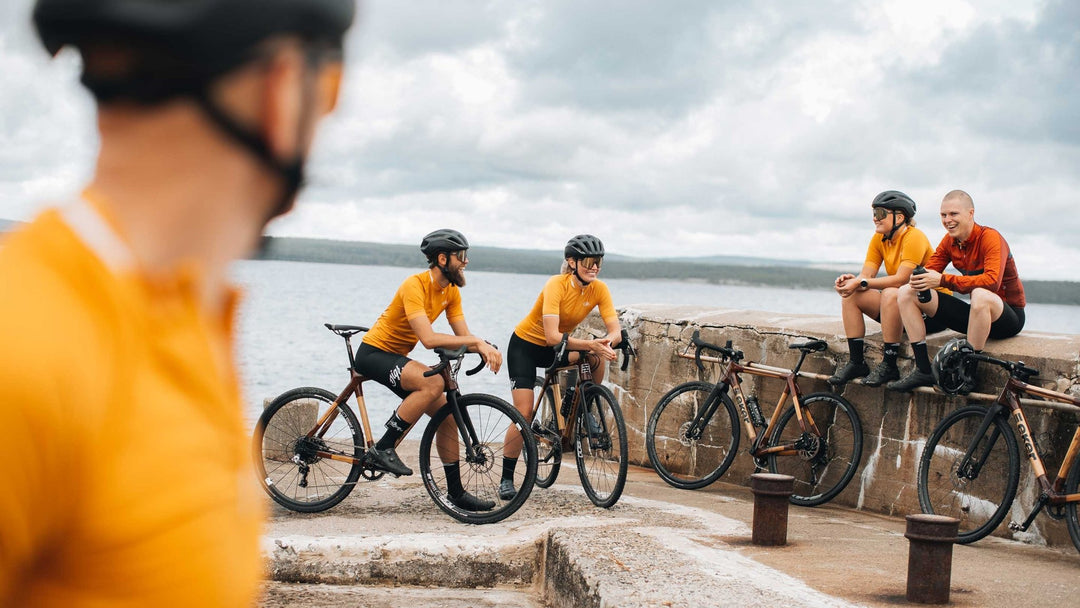



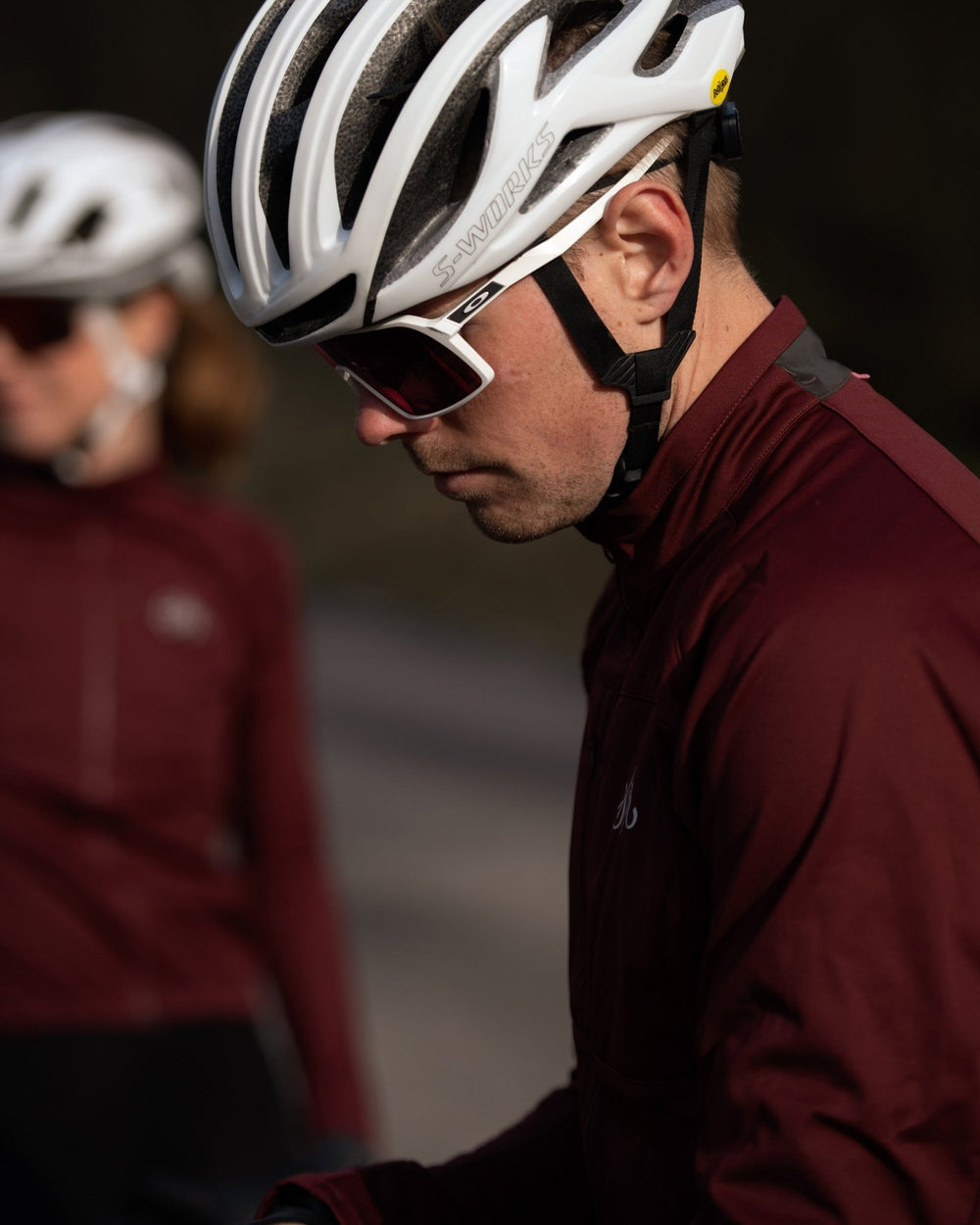



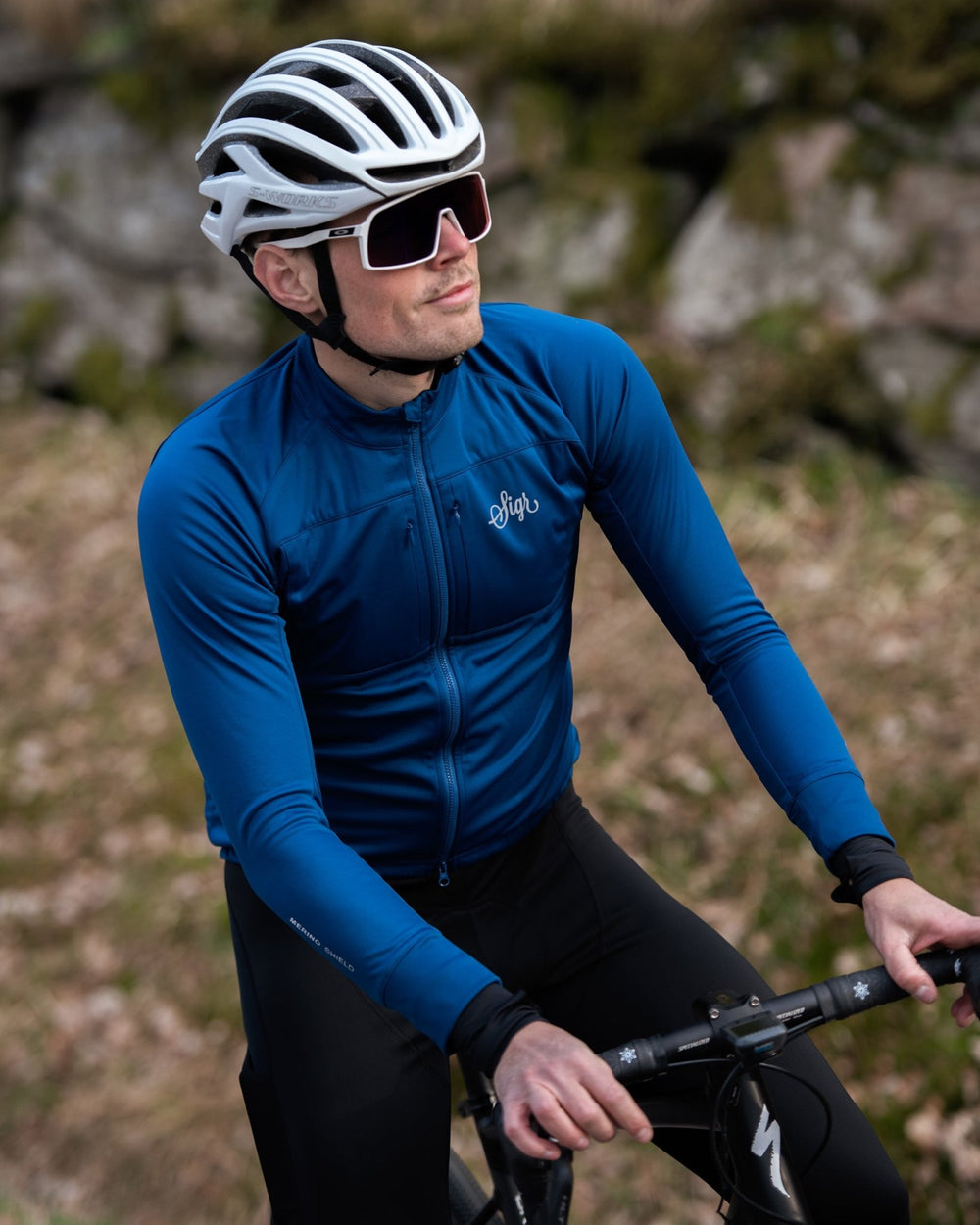

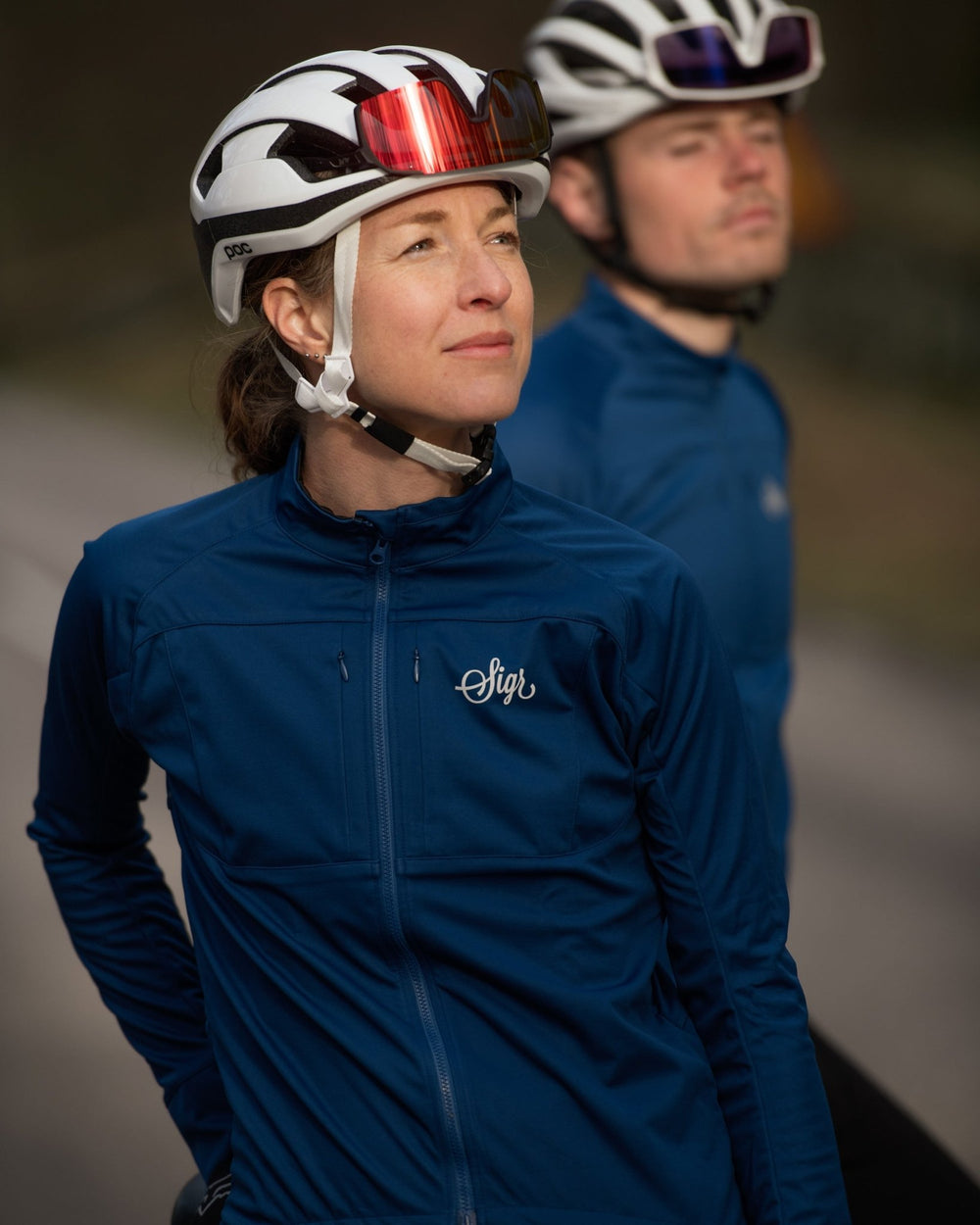

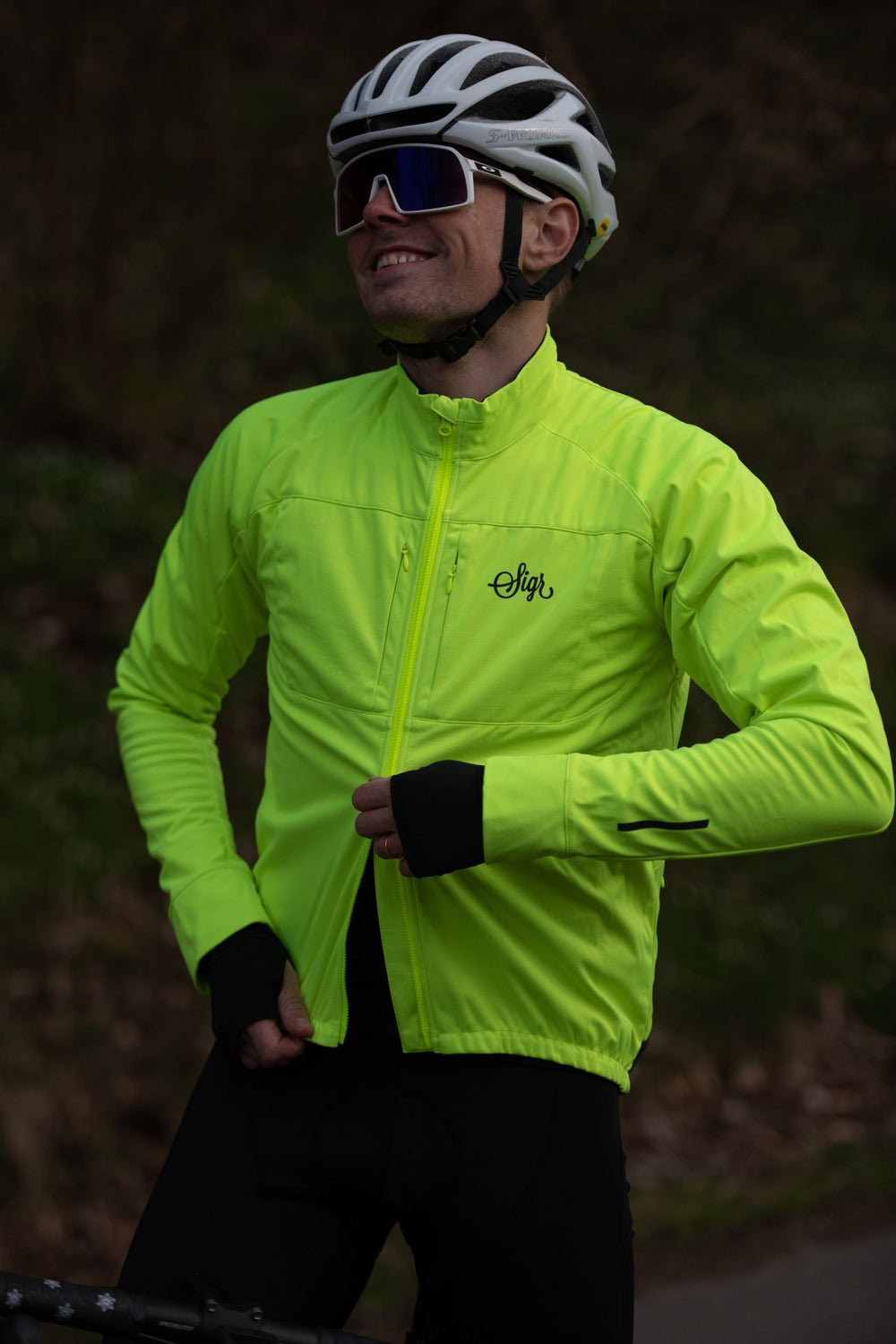



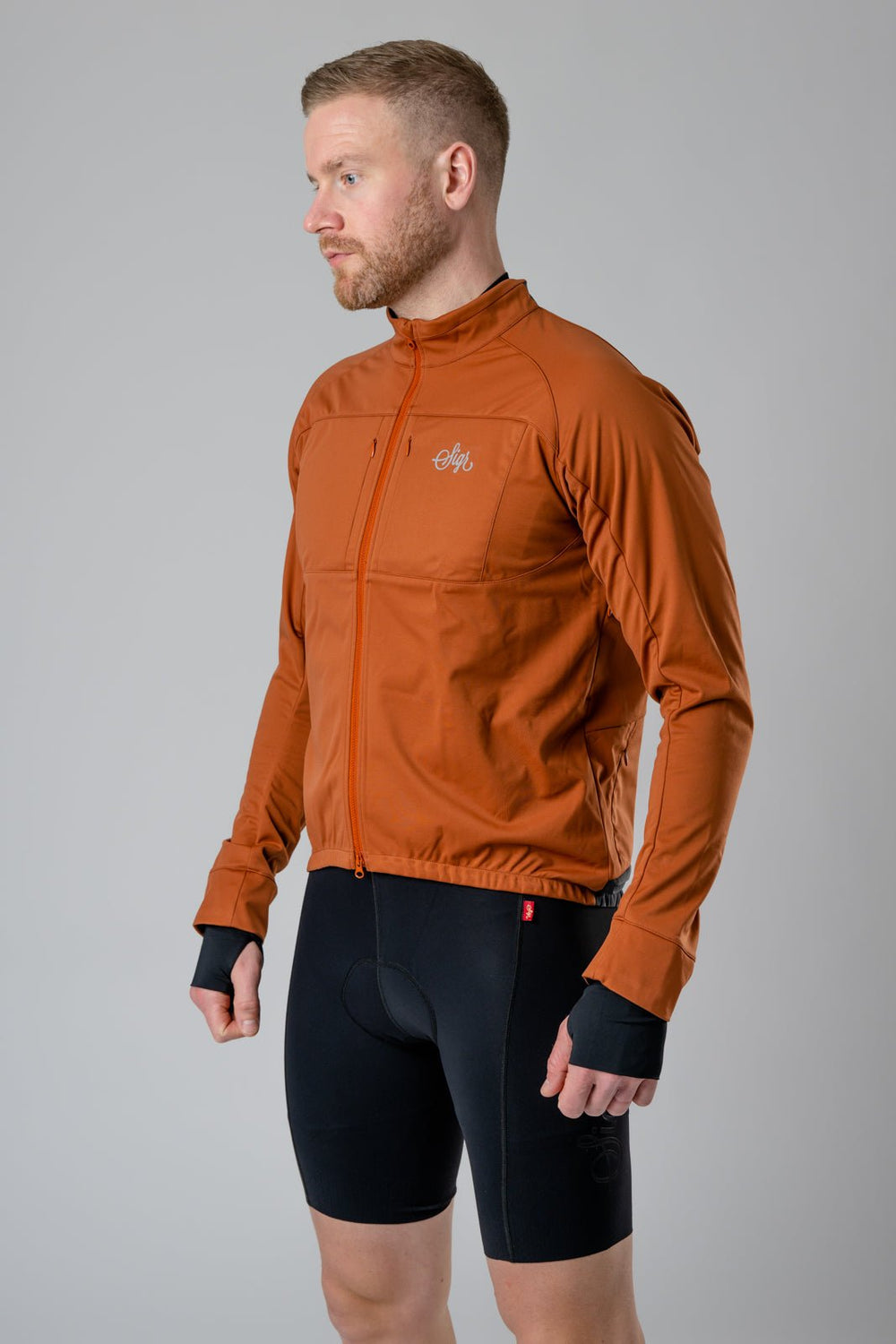

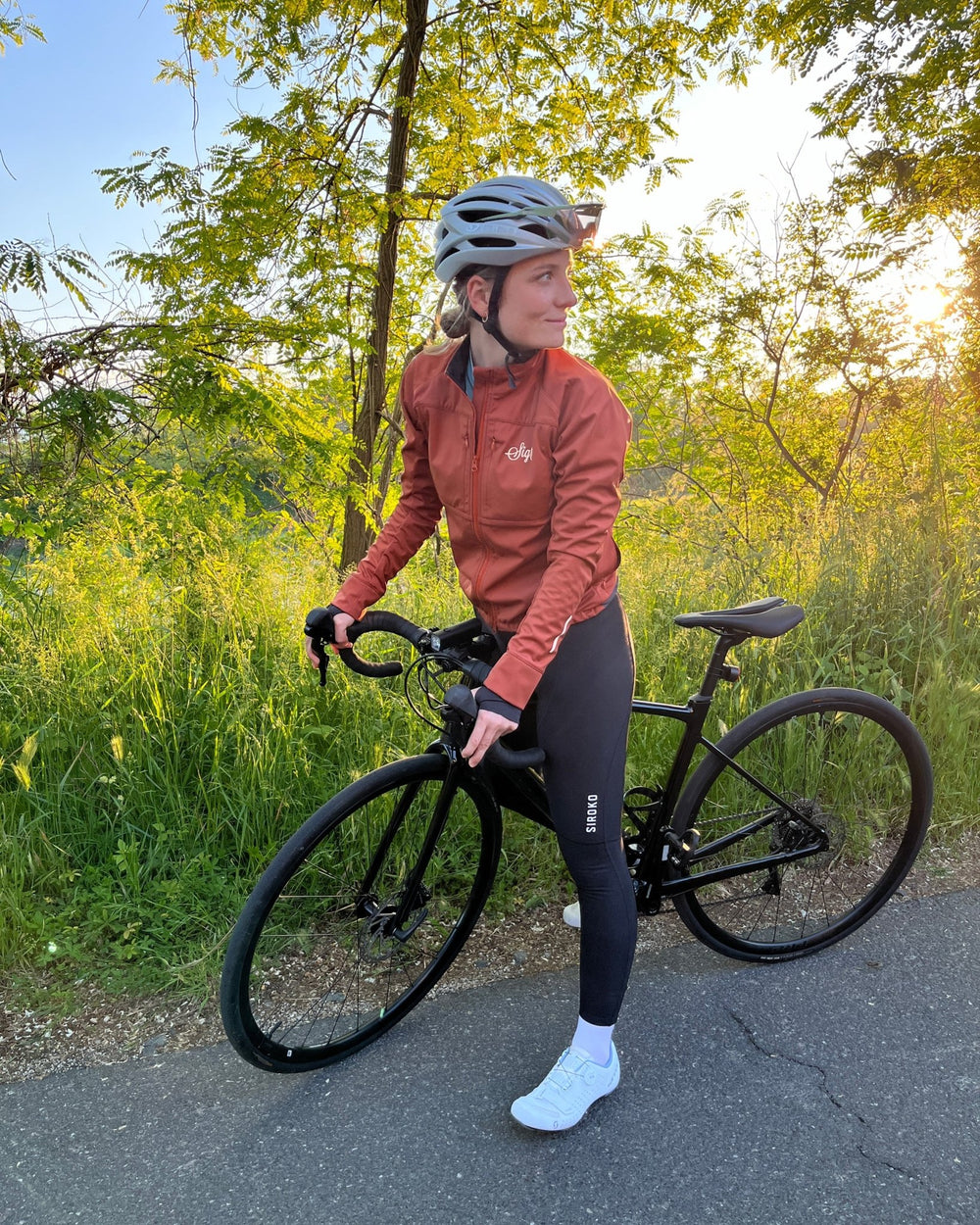
Leave a comment